
The chilling murder of journalist Mukesh Chandrakar in Chhattisgarh has sent shockwaves across the nation, drawing sharp attention to the risks faced by investigative reporters. Authorities have launched a massive crackdown on Congress leader Suresh Chandrakar, who is allegedly linked to the case, with steps being taken to secure justice for the slain journalist.
Key Developments in the Case
- Relatives Detained, Assets Seized:
- Chhattisgarh Deputy Chief Minister Vijay Sharma announced significant actions, including the seizure of Suresh Chandrakar’s illegally acquired property and the freezing of his three bank accounts.
- Chandrakar’s relatives, Ritesh and Dinesh Chandrakar, along with one of their employees, have been detained.
- An 11-member Special Investigation Team (SIT) has been formed to expedite the investigation.
- Timeline of the Murder:
- Mukesh Chandrakar, known for his investigative journalism on corruption and Naxalism, went missing on New Year’s Day.
- His body was discovered on 5 January in a septic tank at Suresh Chandrakar’s property in Bijapur.
- Authorities suspect his murder is connected to his reports exposing corruption in local road construction projects involving the Congress leader.
Nationwide Response
- Press Club Condemnation:
The Press Club of India condemned the killing, describing it as a “dark chapter” for journalism. They demanded swift and strict action against the perpetrators to ensure such incidents do not repeat. - Journalists Protest:
Journalists across Bijapur observed a complete shutdown and staged demonstrations demanding justice and better protections for media professionals. - Priyanka Gandhi’s Statement:
Congress leader Priyanka Gandhi expressed shock and called for immediate and severe action against those involved in the murder. She also demanded that the state government offer compensation and employment to Mukesh’s family.
What’s at Stake?
- For Authorities:
The case has spotlighted the threats to investigative journalists and the need for stronger measures to ensure their safety. - For Journalists:
This murder underscores the risks journalists face while reporting on sensitive issues like corruption and Naxalism. - For Mukesh’s Family:
Justice and financial stability, including a job opportunity for a family member, are crucial demands.
Curious Corner
With such high-profile cases involving corruption and violence, how can India strengthen its policies to safeguard journalists? Could this incident lead to broader legislative changes for press protection?
Conclusion
The murder of Mukesh Chandrakar is a grim reminder of the dangers that accompany investigative journalism. As authorities press on with the investigation, the nation looks to the government for swift justice and robust measures to protect the press—an essential pillar of democracy.

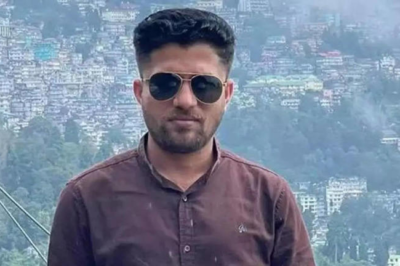





























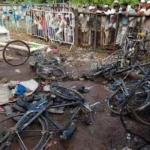
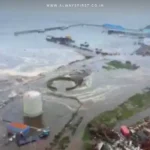
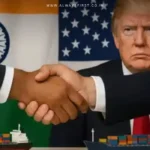
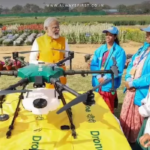






Leave a Reply